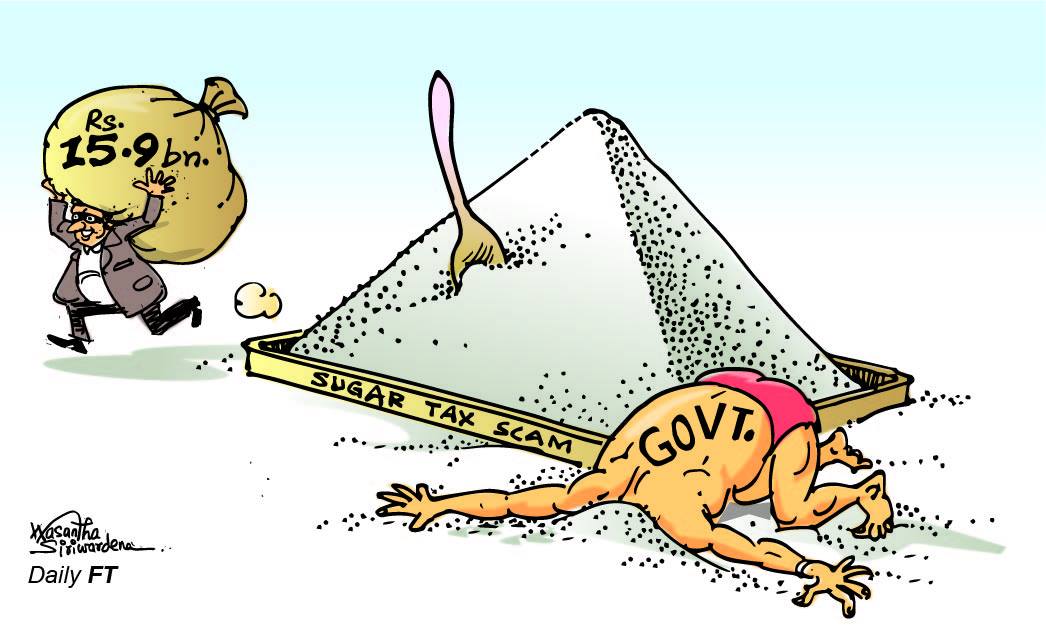Sri Lanka’s Sugar Scandal: No Revenue Loss? Department Denies, Raising Eyebrows
The ongoing controversy surrounding Sri Lanka’s 2020 sugar tax scam has taken a surprising turn, with the Department of Trade and Investment Policy claiming there was no loss of revenue. This directly contradicts findings from the Auditor General and raises concerns about transparency and accountability.

Key Points:
Information Officer Dassanayake of the department, under the Finance Ministry, stated no loss occurred due to the tax reduction from Rs. 50 to 25 cents per kg.
Opposition MP Dr. Harsha De Silva previously questioned the Finance Ministry and Inland Revenue Department (IRD) for failing to recover losses identified by a forensic audit.
The Auditor General estimated a Rs. 16.76 billion loss within four months and recommended criminal investigations.
Public Finance Commission hearings highlighted the issue of importers profiting while consumers lost, and questioned the reversal of the tax levy in November 2023.
Doubts and Inconsistencies:
Dassanayake’s claim conflicts with findings from established authorities, raising doubts about its validity.
His refusal to answer questions about recovery difficulties reinforces concerns about transparency and accountability.
The lack of investigation into a potential November 2023 scam, despite allegations by officials, further fuels suspicion.
Next Steps:
Sri Lankan citizens deserve a thorough investigation and clear answers from the Finance Ministry.
Transparency regarding the IMF’s stance on revenue collection and legal consultations is crucial.
Holding implicated individuals accountable and preventing future scams require decisive action.
The Department of Trade and Investment Policy’s denial of revenue loss in the sugar scam raises more questions than answers. Public trust requires transparency, accountability, and a commitment to tackling corruption effectively.







